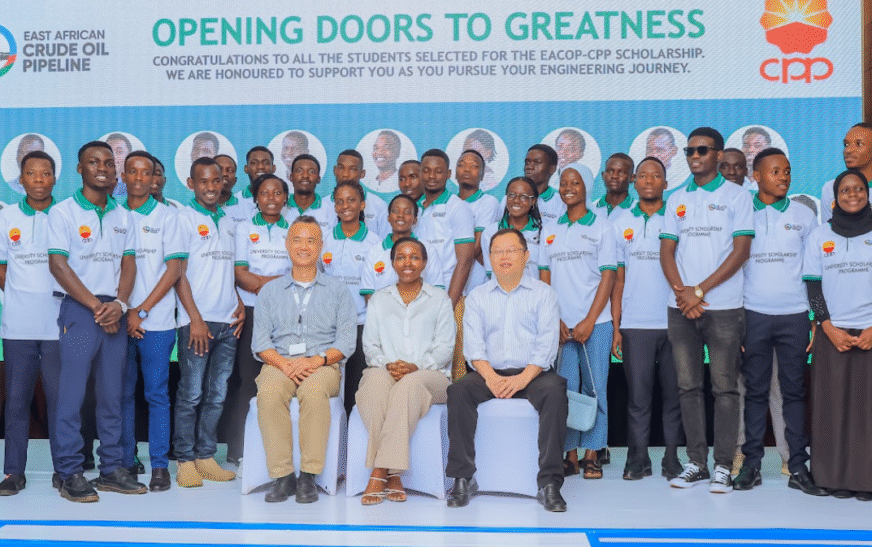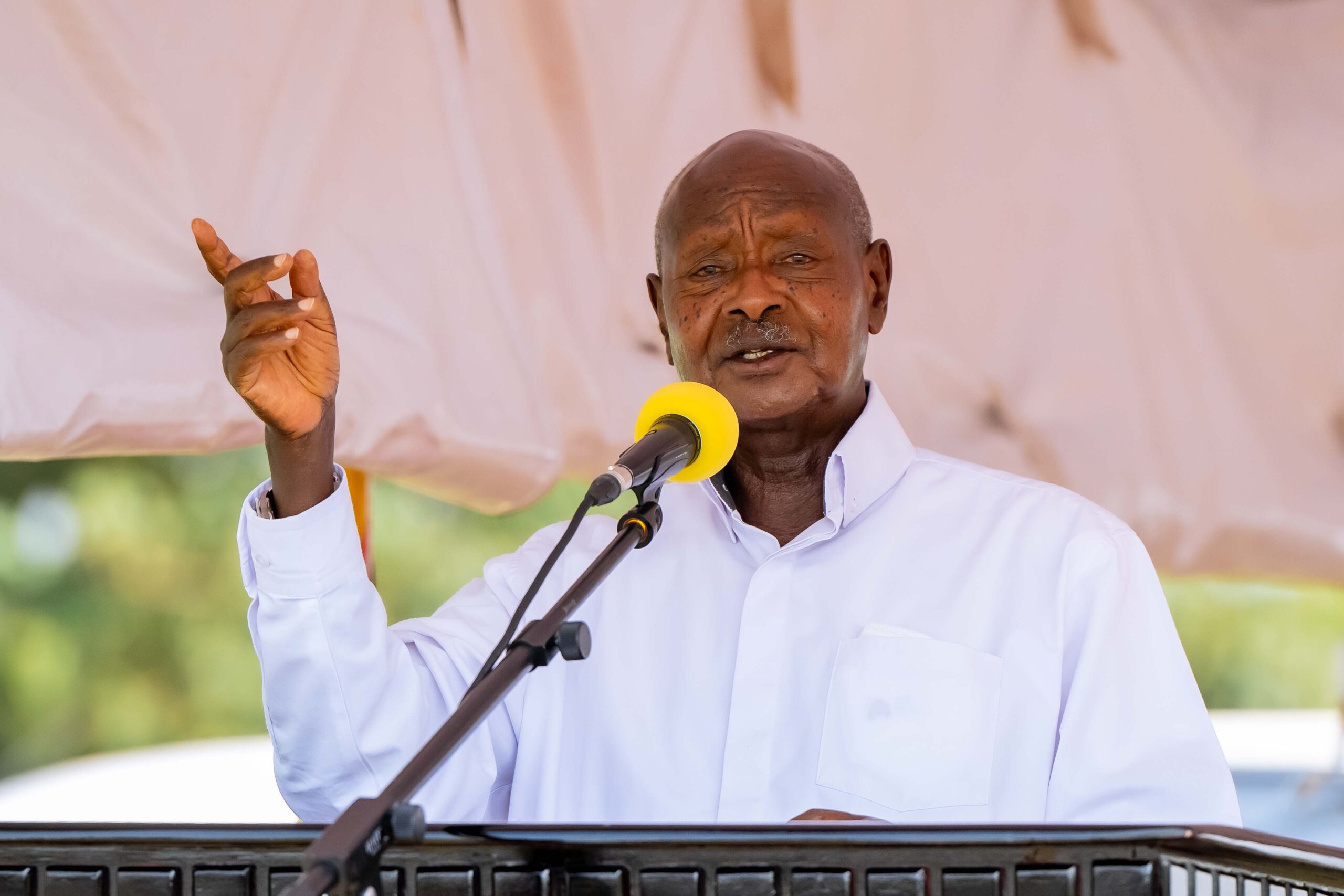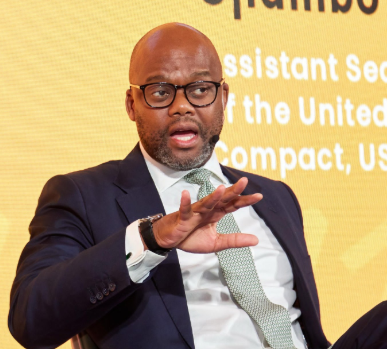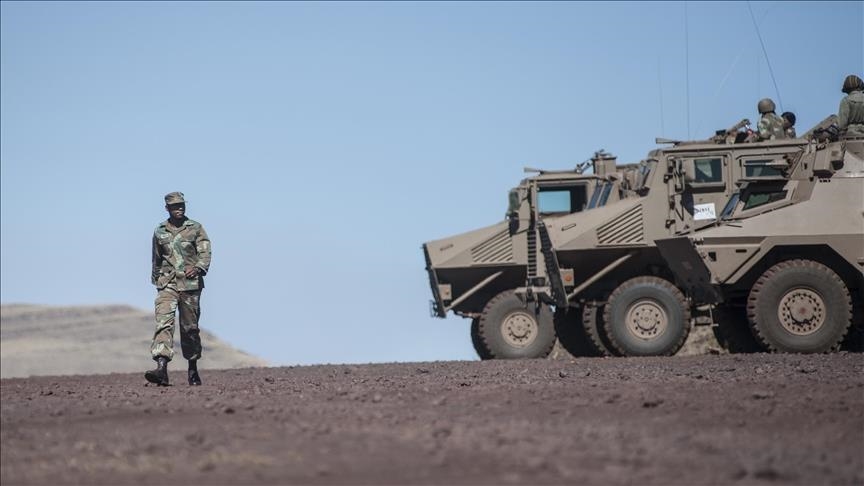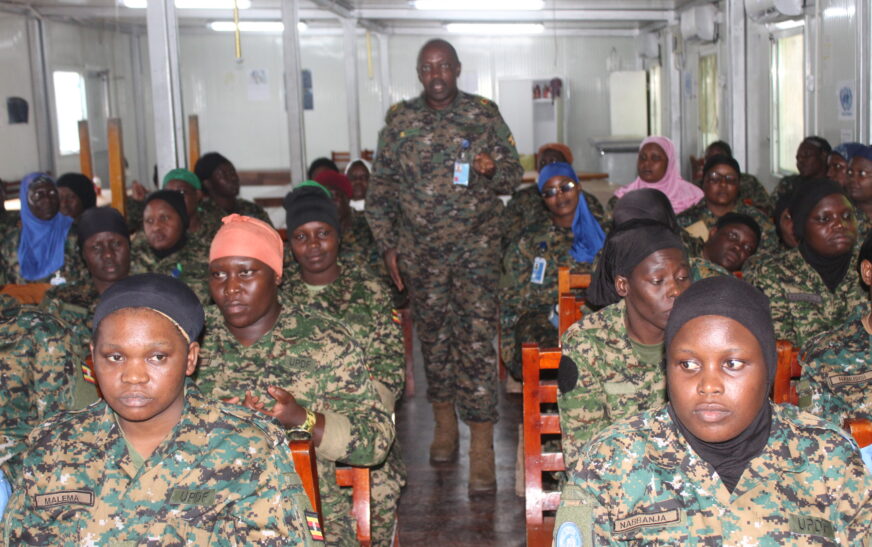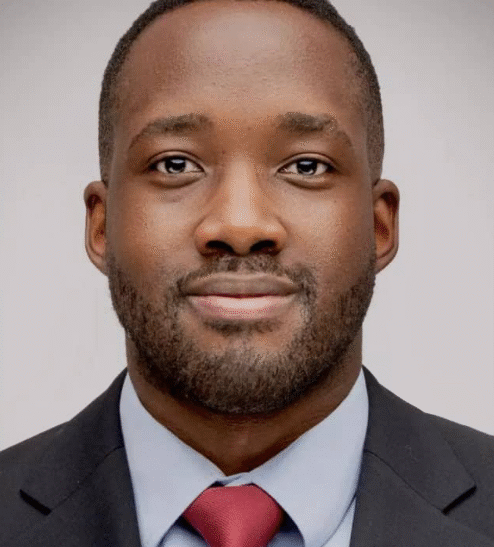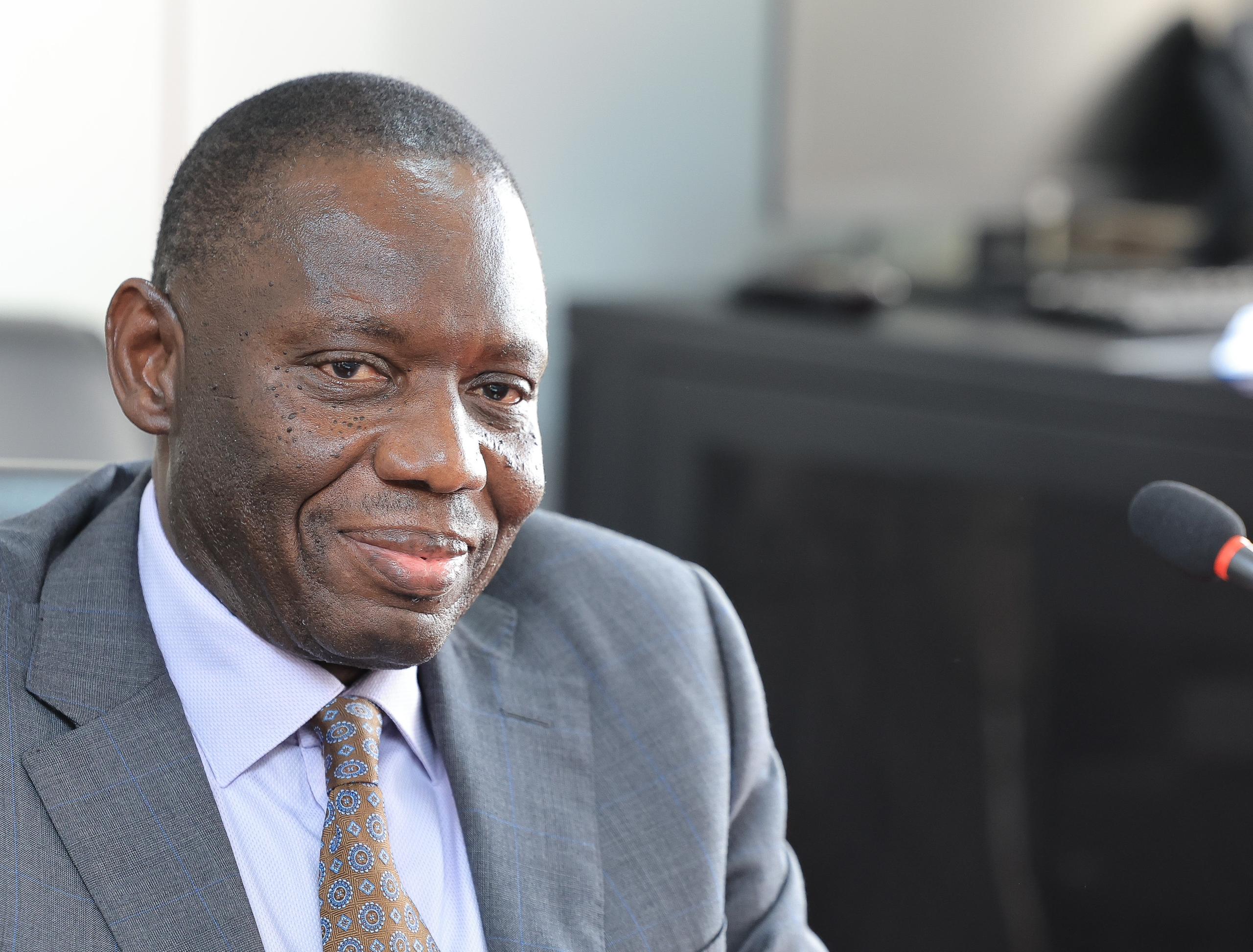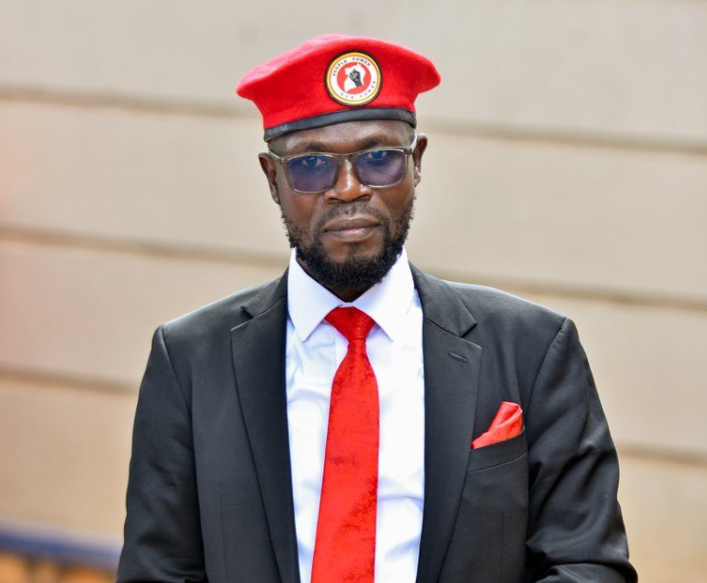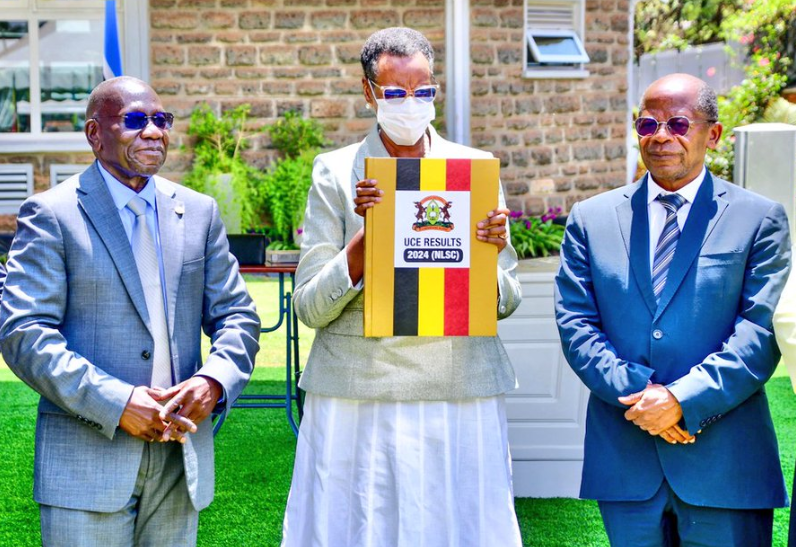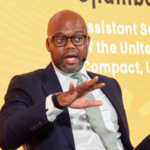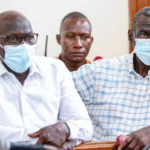The East African Crude Oil Pipeline (EACOP) Ltd., in collaboration with its Tier One contractor for Pipeline (PPL) construction and Above Ground Installations (AGI), China Petroleum Pipeline Ltd. (CPP), has launched a scholarship program aimed at supporting talented but underprivileged engineering students in Uganda.
The program will benefit 28 students from Kyambogo and Makerere Universities, providing financial assistance to enable them to complete their university education. This initiative underscores EACOP and CPP’s commitment to national content development, going beyond the provisions outlined in their Memorandums of Understanding with academic institutions.
Scholarship recipients were selected through a transparent and rigorous process that included interviews and an assessment of academic performance, financial need, passion for engineering, and commitment to community impact. Special consideration was given to applicants from the 10 pipeline districts, resulting in seven students from these areas being awarded scholarships.
“This program demonstrates our continued investment in the future of Uganda’s engineering talent and our dedication to national content development,” said Eileen Baguma, HR & Corporate Affairs Director. “We are not only building infrastructure but also creating opportunities for young Ugandans to thrive in the oil and gas sector.”
EACOP’s broader national content strategy includes strategic partnerships with professional bodies and institutions such as the Uganda Petroleum Institute Kigumba (UPIK), Makerere University, Kyambogo University, and the Institute of Surveyors of Uganda.
To date, EACOP and its contractors have: Welcomed 82 graduate trainees, nurturing the skills of young professionals and Delivered 532 hours of training to lecturers, technicians, and professors through the “Train the Trainer” initiative enhancing national curricula with the latest technologies and industry best practices.
These efforts aim to ensure that the EACOP project contributes not only to infrastructure development but also to long-term capacity building and knowledge transfer in Uganda and Tanzania.

